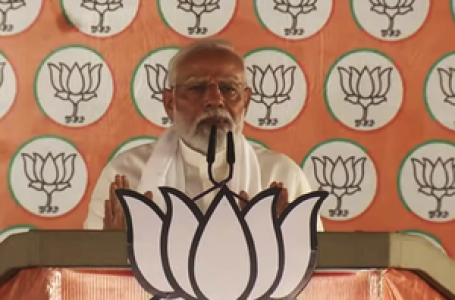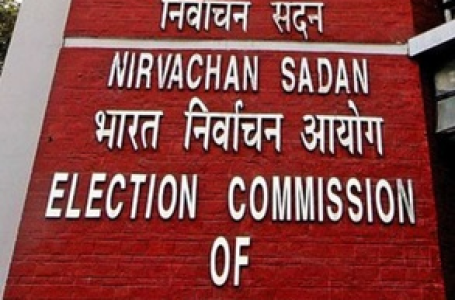Sep 15, 2019
New Delhi: In a preliminary study, Indian scientists have explored the possibility of reaching out to cancer cells and triggering their natural programmed death.
This approach uses the combined effect of targeting and inducing a ‘stress’ inside the cell structures called Endoplasmic Reticulum of tumour cells, along with administering a small amount of a drug. Laboratory tests on cervical cancer cell lines have found that the combination treatment increases death of cancer cells due to apoptosis or natural cell disintegration.
Endoplasmic Reticulum is a network of folded membrane spreading across the cell. It is the protein and lipid factory of the cell, responsible for manufacturing, packaging and dispersing of various functional proteins for the body.
The production process sometimes yields unwanted proteins, which are immediately scavenged away by another resident protein called Hsp 90. When Hsp 90 stops functioning many waste proteins build up inside the cell, creating stress, which eventually kills the cell.
The present study focuses on inhibiting Hsp 90 in cancer cells, thereby initiating their death.
“The key aspect of our research is to navigate inside cancer cells, reach the protein synthesis organelle and trigger stress into it for therapy. For this, we have engineered a nanoparticle which can do that as well as show us how it reaches its target, in this case, endoplasmic reticulum, inside the cancer cells,” explained Dr Sudipta Basu, the lead researcher of the study at the Indian Institute of Technology, Gandhinagar, while speaking to India Science Wire.
” A cell enzyme called Esterase broke opened the nano package to release 17AAG, which inhibited the housekeeping protein Hsp 90, leading to the build-up of unwanted proteins in the tumour cells.”
To target the endoplasmic reticulum, the team synthesised a lipid modified molecule and attached a chemical entity called sulfoxide to its structure such that it would be recognised by the external receptor structure of endoplasmic reticulum. A fluorescent chemical acted as a tracking system tag which traced the path and ascertained the destination of the nanoparticle.
Then, an Hsp 90 inhibiting drug called 17AAG was encapsulated in the lipid nanoparticle to form a nano-package which would quickly disperse in water, which is the chief constituent of cells. The size of the nano packages was so designed to easily enter through pores of cancerous cells and at the same time, be blocked by small healthy cells. By doing so, the team hypothesised that the nano packages target tumour cells explicitly with minimal effect on healthy cells.
When tracked by a confocal microscope, it was confirmed that nano packages reached and permeated into endoplasmic reticulum and dispersed in the cells. A cell enzyme called Esterase broke opened the nano package to release 17AAG, which inhibited the housekeeping protein Hsp 90, leading to the build-up of unwanted proteins in the tumour cells.
Cell and molecular biology techniques revealed that 17AAG activated stress in the ER, which led to a fair amount of cell death due to the nano packages.
However, cancer cells are known to respond in a ‘smart’ way to the endoplasmic reticulum stress by resorting to autophagy. Autophagy is a survival mechanism of the cancer cells where they eat up their unnecessary proteins to stay alive. To overcome this, chloroquine was introduced, which is an antimalarial drug found to have autophagy inhibitor and anticancer potential. The combination treatment resulted in a significant death of cancer cells.
“In direct drug treatment, cancer cells get acclimatized to the drug and develop resistance toward it, while combined strategy may offer a better scope of treatment down the line. Although our research is in early stages, our work proves that this strategy has the potential as a safer route for cancer treatment,” said Dr Basu. The team now proposes further studies.
Besides Sudipta Basu, the research team included Chandramouli Ghosh and Aditi Nandi from Indian Institute of Science Education and Research (IISER), Pune. The results were published in journal ACS Applied Biomaterials. ( India Science Wire)


















